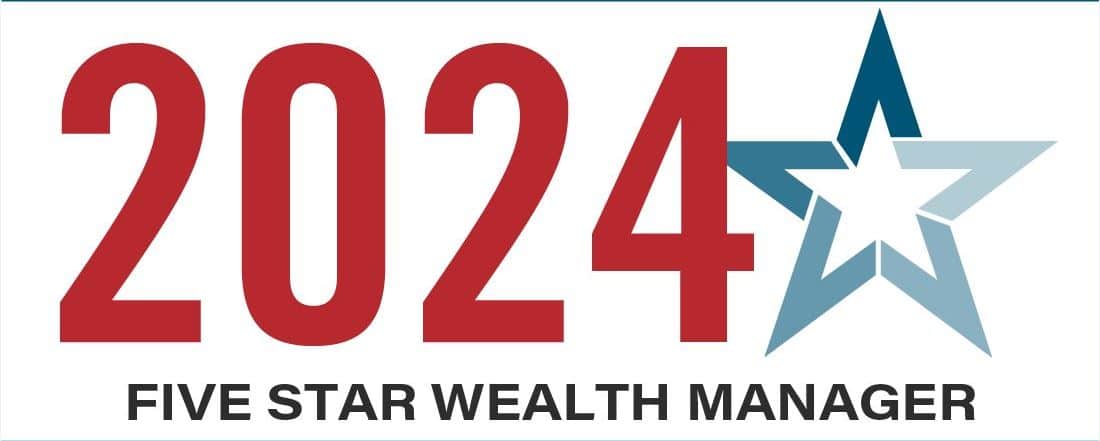As year-end and the holidays approach, many people are eager to make monetary donations. While it’s always been essential to research any charity prior to donating, the profusion of online donation platforms, such as GoFundMe, makes it even more important to practice due diligence.
Whether you are making a one-time donation or adding a charity to your longer-term philanthropic plans, research helps ensure that your gift is used in a meaningful and impactful way. Here are some questions to consider as part of your inquiry.
1) Is the Charity Legitimate?
- A quick online search can give you some basic information to begin your research. If you can’t find any information readily available, that is your first red flag.
- Charity Navigator, Guide Star, and Charity Watch grade charities based on their financials, transparency, and performance. These websites provide an easy way to get objective information about a charity.
- If you are responding to a GoFundMe request or an online pitch to make a donation, carefully determine:
- Who is organizing the fundraiser and receiving the money? What is their relationship to the intended recipient?
- How will the money be transferred to the recipient and what will it be used for?
- Especially in cases of natural disasters, be wary of individuals who set up fraudulent collections without any intention of giving the money to those in need.
2) What’s Their Taxable Status?
- Is the charity a 501(c)(3) organization? Without this tax-exempt designation, your contributions might not be tax deductible. Contributions to GoFundMe and other similar contribution platforms typically aren’t tax deductible.
3) What Is the Charity’s Mission?
- Every charity should have a clearly defined mission. A vaguely outlined purpose may not provide quantifiable or impactful change.
- Do the charity’s programs directly support its mission? If there is no cohesive approach, you may not see the results you want.
4) Does the Charity Align with Your Values?
- Does the mission align with what you’re seeking to achieve through your donation?
- Do the charity’s overarching principles align with your own beliefs?
5) Is There a Genuine Need?
- What research was used to identify the need the charity is trying to address? There should be reliable, realistic, and factual data revealing the extent of the need.
- Where would your donation be most useful? The charity should be able to pinpoint the main obstacles to fulfilling their mission and identify where your investment could best be utilized.
6) Do Other Charities Serve the Same Need?
- How many other charities are working in the same philanthropic space?
- To what extent do the groups differ or overlap in their approach to the problem? Charity Navigator, Guide Star, and Charity Watch make it easy to compare several charities at once.
- Is the need sufficient that it warrants duplicate organizations?
- Does the charity willingly collaborate with similar organizations?
7) When Was the Charity Established?
- How long has the charity been in business? Newly established charities could be at risk for long-term survival. The non-profit charitable space is competitive with well over a million non-profits already established in the U.S. A high percentage of charitable organizations fail within their first decade.
8) How Big Is the Charity?
- What impact are you seeking? Grassroots organizations tend to have higher volunteer involvement, a deeper knowledge of a community’s needs, and a large donation can have a profound effect. In contrast, larger organizations may offer efficiencies of scale, a more proven response, and be able to effect change across a broader platform. Given their size, your contribution likely won’t have as large of an impact toward the charity’s objectives.
9) What Results Has the Charity Achieved?
- What percentage of the identified population has been helped? Data should show this figure rising, not falling.
- How is success quantified? While many charities find it hard to directly measure impact or outcome, if they don’t measure success, how will you know if your donation is truly making a difference?
10) Is the Charity Financially Solvent?
- If the charity is not established as a 501(c)(3), it may be precluded from receiving Federal, state, or local government grants. This could impact the organization’s long-term sustainability.
- Does the organization file IRS Form 990 annually? This form provides public information about the organization’s finances. Transparency in annual reporting may be a good indicator of a charity’s trustworthiness.
For many people, charitable giving is an important part of their financial plan. SageVest Wealth Management can help you develop a strategic approach to philanthropy that identifies goals and reflects your values. Furthermore, we develop giving strategies that maximize your tax savings benefit. We welcome you to contact us to learn more.




